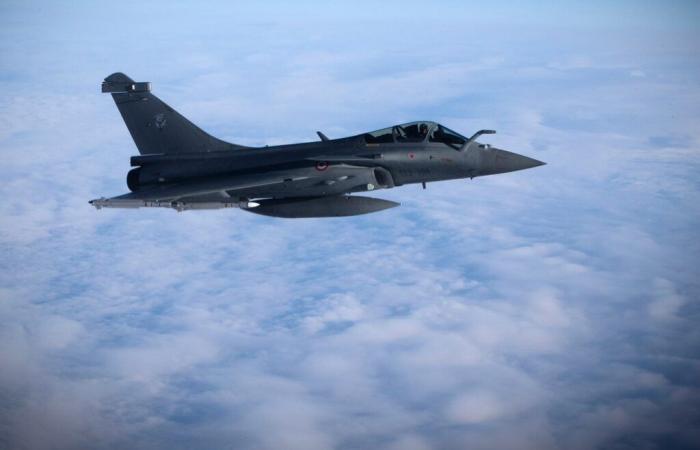
The fight against the Islamic State group is not over. Since the fall of the Bashar al-Assad regime, France has continued to strike Daesh positions in Syria. On December 31, the French Minister of the Armed Forces, Sébastien Lecornu announced on the social network X that France had “carried out targeted strikes against Daesh sites on Syrian soil”.
News that surprised Jean-Luc Mélenchon. “No doubt someone will think of informing the deputies of the why and how of this intervention. If that is the good pleasure of the prince,” he retorted.
Even if they are rare, French strikes in Syria have never officially stopped. They take place as part of Operation Chammal, which itself is part of the international operation “Inherent Resolve” aimed at supporting the fight against Daesh in Iraq and Syria.
Political instability, jihadists' best friend
The seizure of power in Syria by armed groups, led by the Hayat Tahrir Al-Sham (HTS) movement, worries specialists who believe that IS could take advantage of this instability to redeploy on Syrian territory.
“It is certain that there will be jihadist groups who will seek to profit, since that is what they do. They nestle in crises, they nestle in civil wars, and From there, they try to emerge,” researcher Hugo Micheron explained on RTL at the beginning of December.
According to the United Nations, the group still numbers between 3,000 and 5,000 fightersto these are added the 8,000 or 9,000 detainees in Syrian prisons.
600 French soldiers
It is therefore to prevent the expansion of the Islamic State that France and the entire international coalition bringing together 80 countries continue to work on the ground. The day after the fall of the Bashar el-Assad regime, the American air forces carried out raids on 75 positions still held by Daesh fighters, recalls the specialist blog Opex360.
The United Kingdom has also carried out several strikes in recent months. According to the French Ministry of Defense website, 600 French soldiers are deployed as part of Operation Chammal. They are supported by 10 Rafale combat aircraft located “on air bases located in the Levant and the United Arab Emirates.”
Read more





